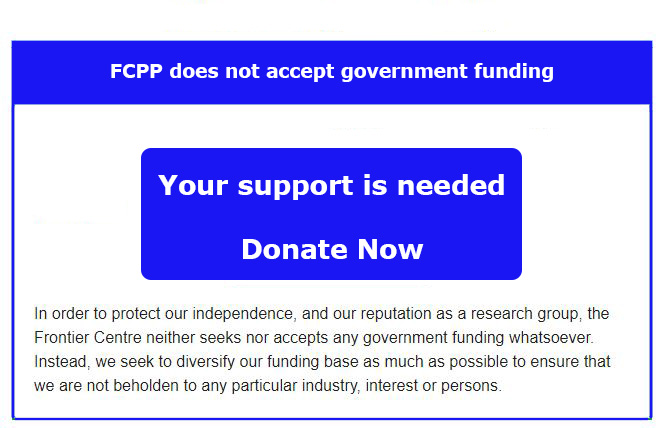COVID-19 has left a gaping hole in Quebec’s healthcare system. Lack of nursing personnel, testing shortages, overflooding hospitals and postponed surgeries have turned Quebec’s healthcare into complete chaos. “We must invest in the health-care system, which is in the process of crumbling,” argues a Quebec nurse union’s interim president.
Unfortunately, increased funding may not solve Quebec’s problems. Quebec’s healthcare funding increased by 71 per cent between 2004 and 2017 and has been rising since the brutal health cuts in 2015. However, Canada’s healthcare system remains one of the worst compared to ten other high-income countries. According to the 2021 Commonwealth fund report, Canada’s health system scored 7th on administrative efficiency and 9th on access to care.
Simply increasing spending won’t resolve Quebec’s systemic challenges. It’s like when the Government of Canada agreed to increase federal health transfers in 2004, to help reduce wait times across the provinces. Wait times have only lengthened over the years.
In 2021, Quebec’s Finance Minister has agreed to spend an extra $10.3 billion over the next five years to strengthen the health care system. Increased spending to manage the economic and healthcare damages from the pandemic will come at a cost.
Former finance minister, Carlos Leitão argues that majority of the efforts required to clean up Quebec’s startling $12.3-billion debt, will occur after the provincial election in October 2022.
While increasing spending might be necessary to manage the current pandemic, in the long run, such persistent increases in healthcare spending are unsustainable and ineffective. Quebec must look to alternatives to manage its crumbling system.
One potential solution is activity-based funding. Instead of funding hospitals based on a predetermined budget, Quebec can distribute funds based on needs. If a hospital treats more patients, it should receive a higher budget. If another hospital lags, it won’t receive the money. Activity-based funding will incentivize hospitals to improve their systems to treat more patients and thus, gain more funding. It will allow Quebec to manage high patient volumes during and beyond the pandemic.
Increasing private healthcare beyond current levels may also help Quebec manage its misery. Many high-income countries such as Sweden and the UK have combined public and private systems. By increasing private care, Canadian provinces like Quebec can increase their system capacity. 
Increasing privatized care will also help manage Quebec’s rapidly aging population. By 2066, seniors 65 and older will account for 27 per cent of Quebec’s demographic. Healthcare costs for seniors are significantly higher than the average adult. In the next decade, the aging population in Canada will result in $93 billion in healthcare costs. Privatized care can help manage this demand surge.
COVID-19 has made clear the inefficiencies in Quebec’s ailing healthcare system. However, there are many more challenges ahead. Quebec must adapt its healthcare model and strike before the system crumbles.
Gauree Chawla is a research associate with the Frontier Centre for Public Policy.
Photo by Irwan iwe on Unsplash.



